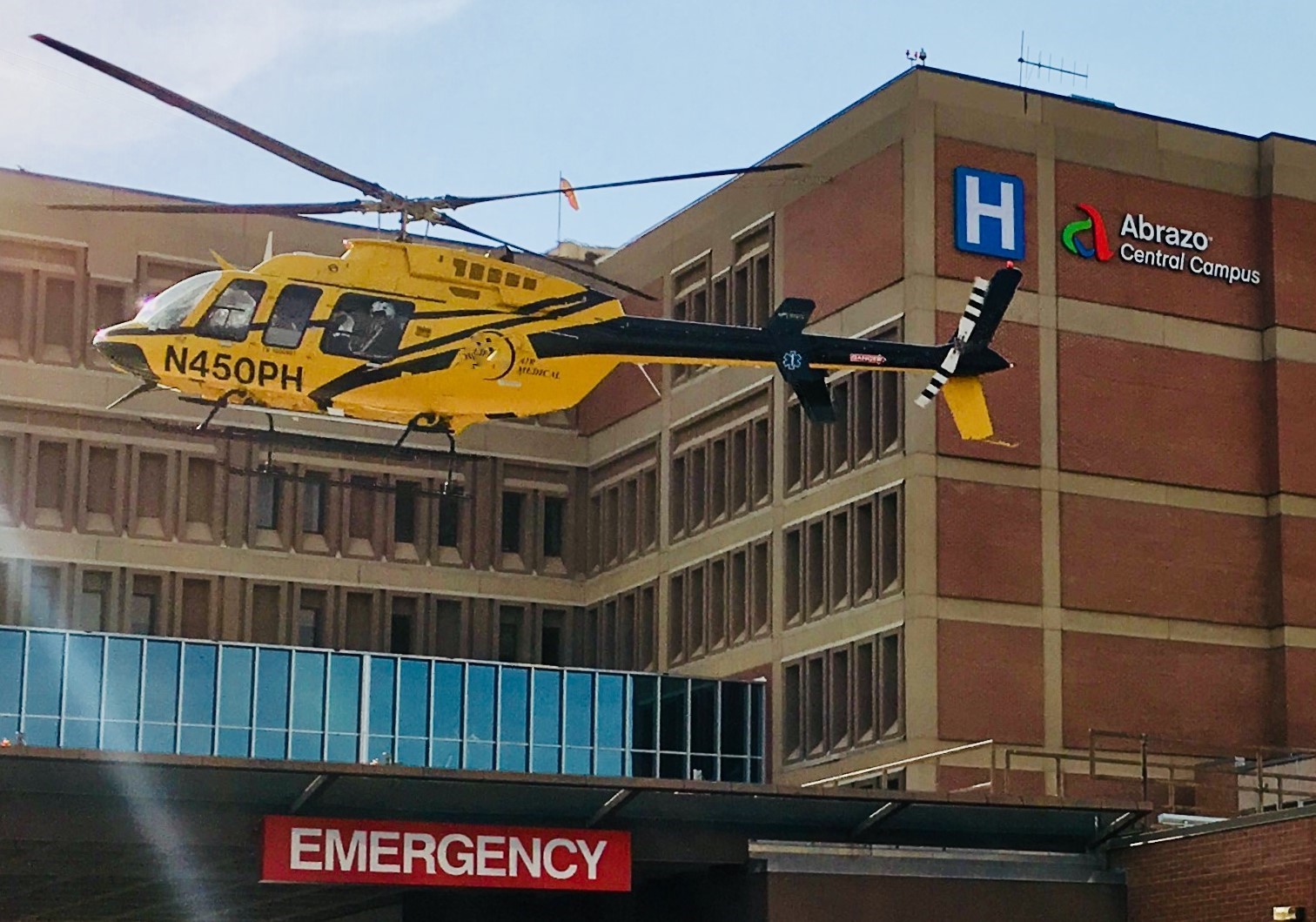Every minute counts when a stroke happens. Stroke has no age limits, and younger adults are increasingly affected by stroke and its risk factors. A stroke occurs when blood supply to part of the brain is blocked or when a blood vessel in the brain bursts. In either case, parts of the brain become damaged or die.
Approximately 10-15 percent of all strokes occur in adults age 18 to 50 years, according to a study published in Stroke, a journal of the American Heart Association. Risk factors commonly associated in older adults, such as hypertension, diabetes, tobacco use and obesity are now being seen in younger stroke patients.
May is National Stroke Awareness Month. Stroke is preventable and treatable, said Dr. Emun Abdu, a Cerebrovascular and Endovascular Neurosurgeon at Abrazo Health.
READ ALSO: Ranking Arizona: Top 10 hospitals for 2021
Stroke affects more than 795,000 people in the U.S. each year, and getting fast treatment is key to preventing death and disability. Stroke patients who receive treatment quickly have the best chance of survival and prevention of disability, said Dr. Abdu.
A Harvard University study found that one in five adults in the U.S. had delayed or were unable to get needed care during the pandemic. Some reports have placed the number even higher. The American College of Cardiology noted that patients experiencing symptoms of heart attack or stroke also are delaying care.
Employees delaying care can affect employers of all sizes. The impact of more people working from home may lead to a more sedentary lifestyle, causing its own set of physical problems. In concert with delays in care, that impacts employee wellness and productivity, key contributors to a healthy bottom line.
Warning signs of stroke include:
• Sudden numbness or weakness in the face, arm, or leg, especially on one side of the body.
• Sudden confusion, trouble speaking, or difficulty understanding speech.
• Sudden trouble seeing in one or both eyes.
• Sudden trouble walking, dizziness, loss of balance, or lack of coordination.
• Sudden severe headache with no known cause.
“Call 9-1-1 right away if you or someone else has any of these symptoms,” said Dr. Abdu. Even during the pandemic, your health can’t wait.
Comprehensive Stroke Centers like the Abrazo Central Campus can treat patients suffering hemorrhagic or large ischemic strokes with follow up care in an intensive care unit. They can also treat patients with suspected aneurysmal subarachnoid hemorrhage, those requiring specialized testing or therapies such as endovascular surgery, and those requiring multispecialty management.
“With complex stroke care, you must have quality clinicians, resources and support, and the ability to act with extreme efficiency because of the time-critical nature of these events,” explained Dr. Abdu.
The U.S. Centers for Disease Control and Prevention (CDC) offers a simple test to act FAST if you think someone may be having a stroke:
Face – ask the person to smile, does one side of the face droop?
Arms – can the person raise both arms? Does one arm drift downward?
Speech – ask the person to repeat a simple phrase, is the speech slurred or strange?
Time – if you see any of these signs, call 911 right away.
Also, note the time when the symptoms first appear, this helps health care providers determine the type of treatment needed.
For more information on the Abrazo Central Campus Comprehensive Stroke Center, visit AbrazoHealth.com.




